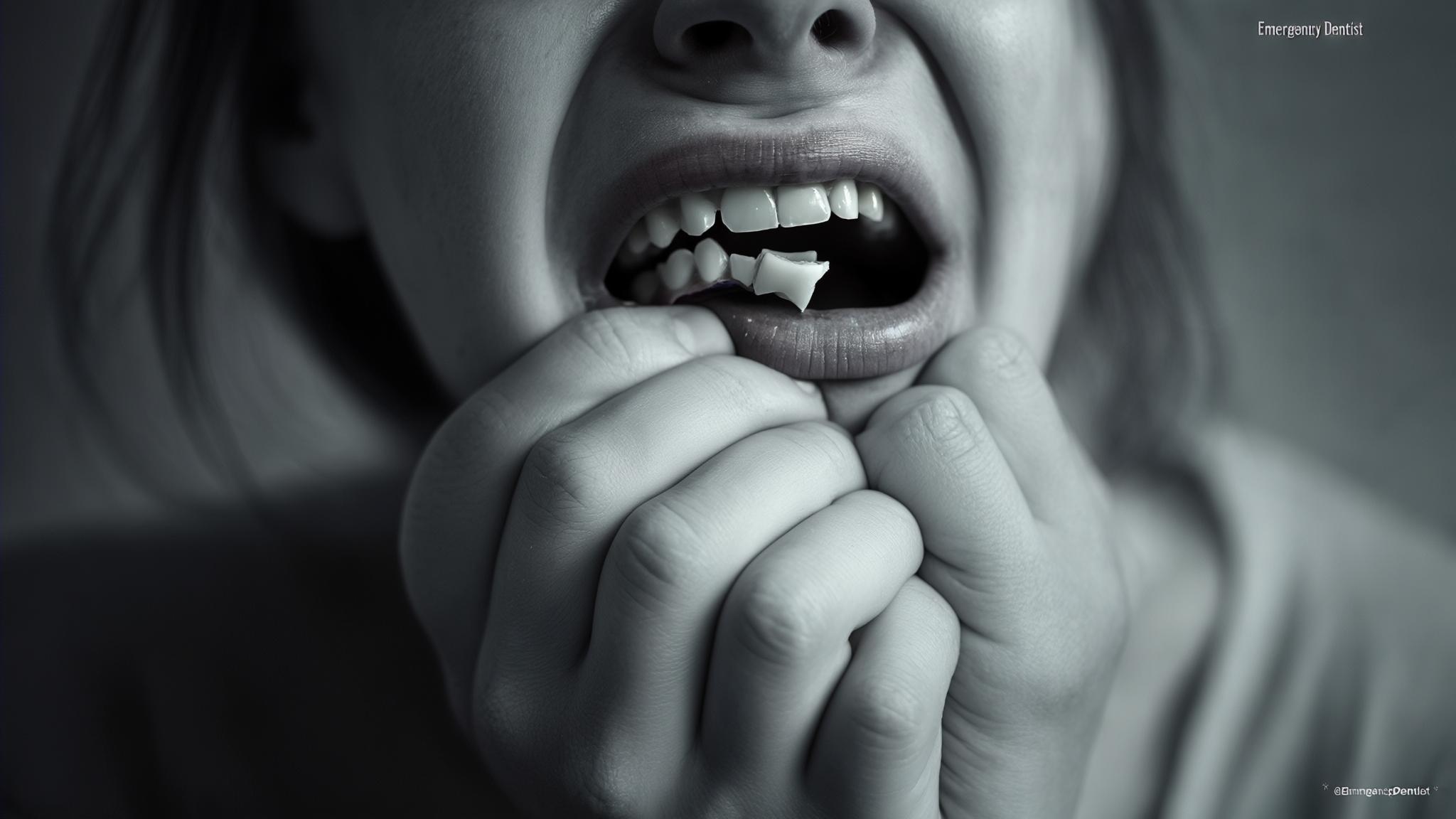Understanding Broken Teeth
A broken tooth can happen to anyone and understanding what it entails is crucial. A broken tooth is any dental injury that results in a crack, chip, or fracture of the tooth. Dental health is vital not only for a beautiful smile but also for overall health. This article will explore the risks associated with delaying treatment for a broken tooth and why prompt attention is essential.
Common Causes of Broken Teeth
Accidents and injuries are perhaps the most obvious causes. A fall, a blow to the face, or biting down on something hard can all result in a broken tooth. Teeth grinding, or bruxism, is another common cause. This often subconscious habit can weaken the teeth over time, making them more susceptible to breaking. Lastly, decay and weakened enamel can lead to breaks. When enamel erodes, the tooth becomes fragile and more prone to damage.
Types of Broken Teeth
There are several types of broken teeth, each requiring specific attention:
- Chipped Teeth: These are minor breaks that often affect only the enamel.
- Cracked Teeth: These involve a crack extending from the chewing surface down toward the root.
- Fractured Teeth: These are more severe, often involving a break that affects both the enamel and the inner dentin.
Immediate Consequences of a Broken Tooth
A broken tooth can lead to immediate pain and discomfort. The severity can vary, but it often disrupts daily activities like eating and speaking. There is also a significant risk of infection. When a tooth breaks, bacteria can enter the tooth's inner layers, potentially leading to an infection. This scenario can escalate quickly, causing even more discomfort and health issues.
Risks of Delaying Treatment
Infection
Delaying treatment allows bacteria to penetrate deeper into the tooth, increasing the risk of infection. This can result in an abscess, a painful, pus-filled pocket that forms at the root of the tooth.
Increased Damage
A small crack or chip can worsen over time if not treated. This can lead to a complete fracture or even tooth loss. As the damage progresses, it may also affect the surrounding teeth, leading to further complications.
Complications
The impact of a broken tooth isn't limited to the tooth itself. Surrounding teeth can become compromised, and there is a potential for systemic health issues. Infections in the mouth can spread to other parts of the body, posing serious health risks.
Recommended Timeline for Treatment
Urgency of Seeking Care
When it comes to treating a broken tooth, time is of the essence. Immediate care is often necessary to prevent further damage and complications. However, the timeline can vary based on the severity of the break and the symptoms experienced.
Factors Influencing Treatment Timeline
- Severity of the Break: A small chip may not require the same urgency as a severe fracture.
- Symptoms Experienced: Pain, swelling, or signs of infection necessitate prompt attention.
Conclusion
Prompt treatment of a broken tooth is crucial to prevent further damage and complications. If you experience a broken tooth, seek dental care immediately to maintain your dental health and avoid emergencies. Remember, regular check-ups can help prevent such issues from arising.
References
Call to Action
Regular dental check-ups are essential in maintaining oral health and preventing emergencies. If you experience a dental emergency, contact your local dentist immediately to schedule an appointment. Your dental health is a priority, and prompt care can make all the difference.

